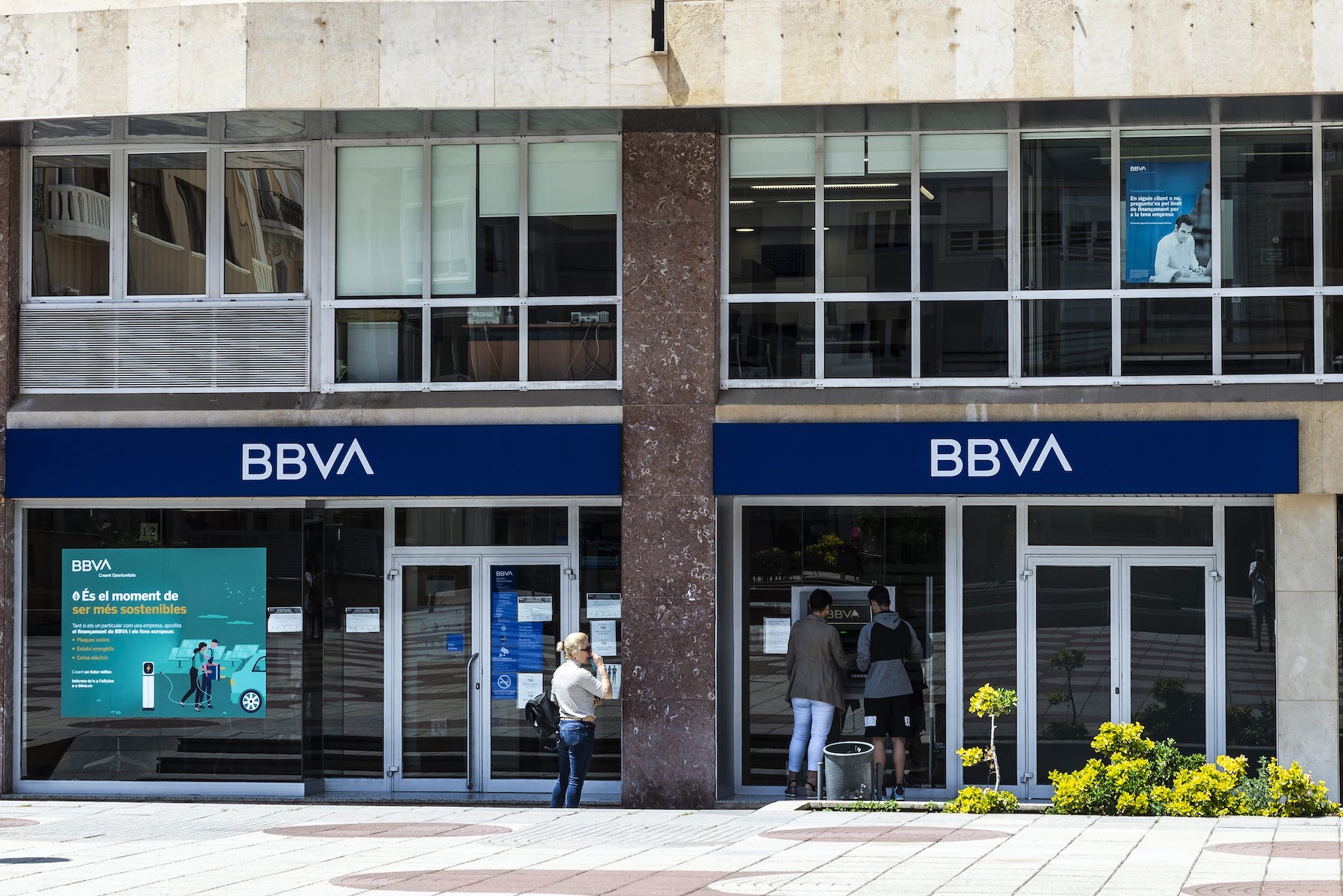Buying A Spanish Property - Raising Finance Elsewhere

Clients sometimes ask us whether they should raise money to finance a property purchase in their home country where they are familiar with the process or here in Spain. Before I briefly look at possible advantages or disadvantages, I want to stress that it is unlikely that you will be able to use the property you are buying as security. A lender based outside Spain is unlikely to want to have the asset that secures the loan in another country. You will most likely have to offer security in the country where the lender is based.
Benefits
Potentially Lower Interest Rates
This is unlikely to be the case if you are borrowing in Western Europe, the UK or the USA. Interest rates are currently very similar in Europe and higher in the USA. For a 30 year loan, typical rates are: Germany 4.5%, France 4.2%, Spain 4.3%, Italy 4.6%, Netherlands 4.8%, UK 4.8%, USA 6.9%.
Currency Diversification
Financing in a different currency may be beneficial if that currency is expected to depreciate relative to the euro, potentially lowering the overall cost of the loan. However, this is a gamble which could equally well go the other way. If the borrower can gain access to euro borrowings outside Spain, then, clearly, this risk is eliminated.
Better Loan Terms
Some international lenders might offer more favorable loan terms, such as lower down payments, longer repayment periods, or more flexible terms compared to Spanish lenders who are known to be conservative in their lending policies.
Access to Larger Loan Amounts
Borrowers might have access to larger loans from foreign lenders, especially if they have a strong financial profile and assets in the lender’s country.
Tax Optimization
Depending on the country, there may be tax advantages to borrowing internationally, such as tax-deductible interest payments or beneficial tax treaties.
Lower Costs
One of the disadvantages of borrowing in Spain is the charges associated with borrowing. There is usually an opening commission of up to 1% and charges are levied for early repayment. There is also a tax on documented legal acts levied by the Autónomous Region. In Andalucia (and most other Regions are similar) it is 1.5%.
One of the least equitable taxes imaginable, people who need to borrow money to finance a property purchase are penalised by the Autónomous Region, which levies a tax on the amount borrowed. Even worse, from my point of view, is that the tax is set at 1.5% of the theoretical liability including all the charges and interest payments that could possibly be levied if the loan was not repaid. In effect, the tax amounts to +/- 2.25% of the amount borrowed.
Future Liability
A borrower in Spain is liable for any shortfall in the event of foreclosure. And not only for the principal but for all the charges and punitive interest that banks are allowed to apply, which can amount to 50% of the principal. Banks can chase borrowers for the rest of their lives for outstanding monies. In many countries, lending is a commercial decision. The lender weighs up the borrower’s ability to pay and assesses the value of the asset guaranteeing the loan. In the event of foreclosure, the bank liquidates the asset to cover any shortfall. If there is insufficient to cover the shortfall the bank takes the hit. The borrower’s future credibility to borrow is severely affected, but she is not hounded by the bank for the loss and for ever-increasing interest and charges.
Problems
There is really only one problem in borrowing outside Spain to purchase an asset in the country:
Currency Risk
If the foreign currency depreciates against the euro, the cost of servicing the debt can increase significantly. This constitutes a considerable risk. Anyone who borrowed £200.000 in May 2020 to finance a €240,000 purchase would have seen the debt rise to £213.000 three years later.
Money Laundering
Funds arriving from outside of Spain, whether borrowed from an institution or sent from a current or savings account, have to be justified. The Spanish government uses the banks as policemen. We have experienced the situation where a client made an international transfer and the funds were blocked until he could prove that he was not a wanted person of the same name! More commonly, we have to prove provenance of the funds. Are they your savings built up over time? Do they come from the sale of an asset? Is the money a gift? In all of these cases, it is necessary to produce an audit trail to prove the provenance to avoid property being used to launder gains from selling drugs or other nefarious activities.


